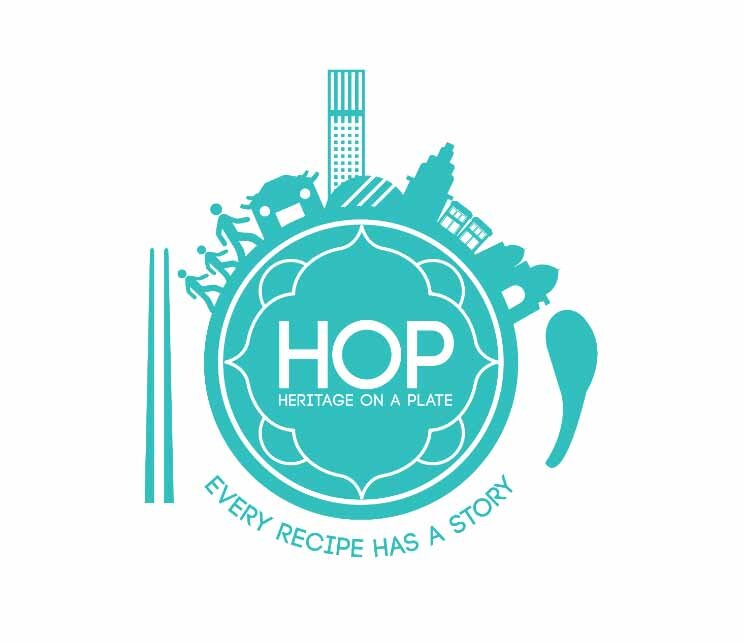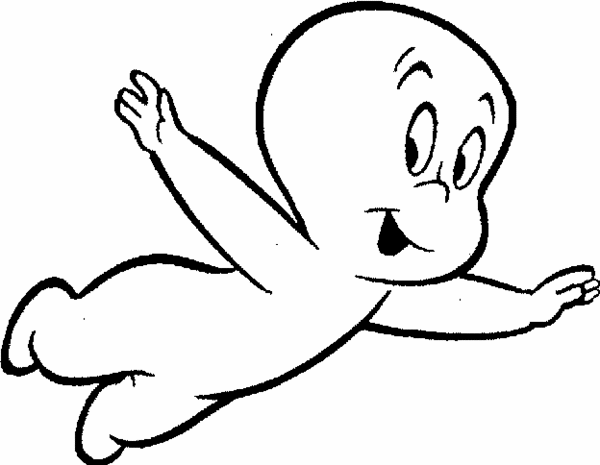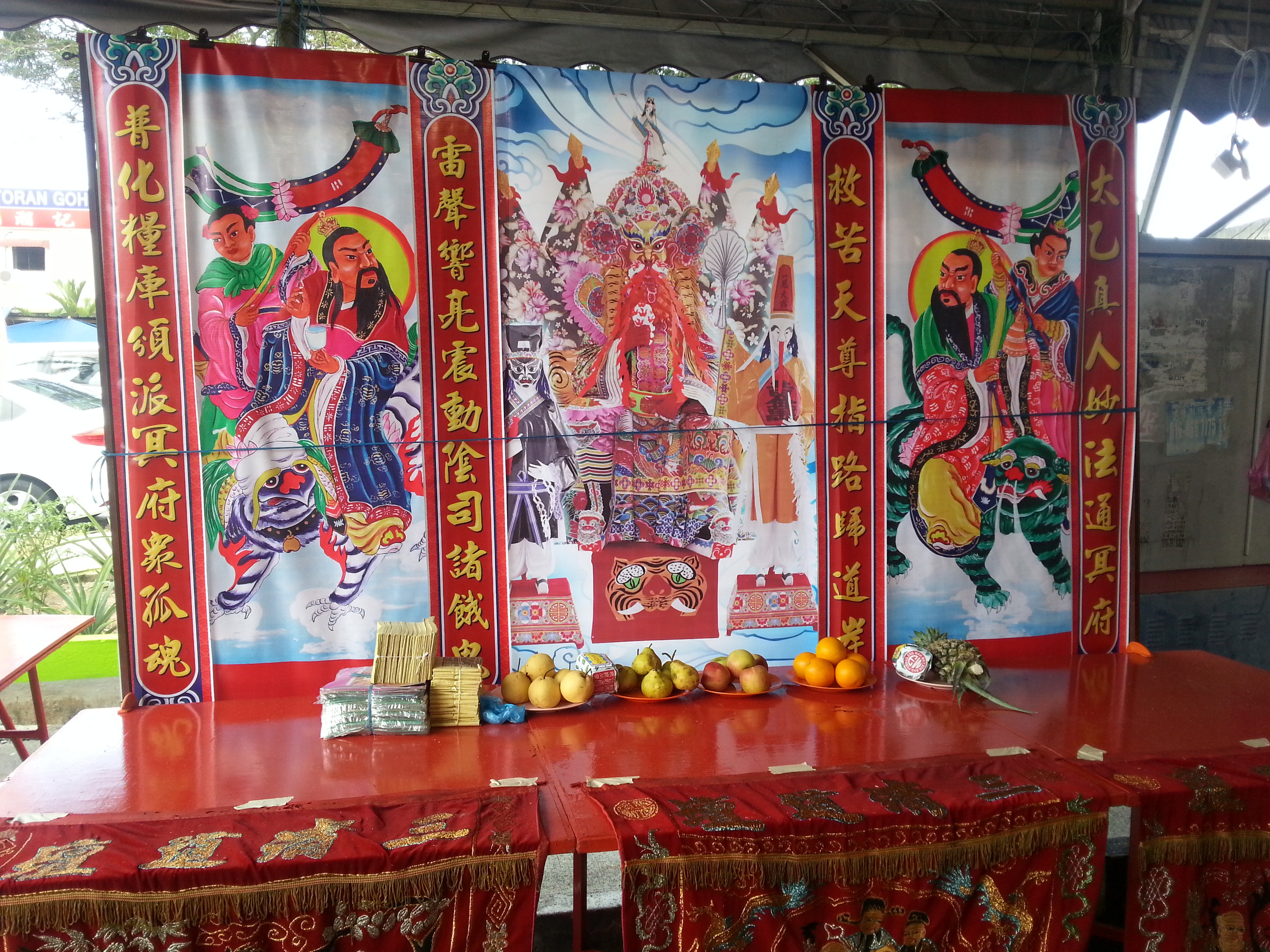There's Something Strange in Our Neighbourhood
Hey food fans... There are spooky things afoot in Penang this month of August, and lots of things are going bump in the night. It's the Hungry Ghosts Festival!
Close, but hungrier.
The Hungry Ghosts Festival is celebrated by Taoists-Buddhists all over the Chinese diaspora. On the seventh month of the Chinese lunar calendar, it is believed that the gates of hell are opened, the spirits visit the land of the living looking for food and entertainment, and also to visit their former homes and families.
Spirits being let loose from hell sounds like the gruesome plot of a horror movie, or the setting for a successful video game franchise. However, the Taoist-Buddhist perspective is a bit more benign. Hell in this context is much closer to an afterlife, rather than the Christian version of fire and brimstone. Sometimes, the word "underworld" is used instead of "hell" but the latter is simply the more popular shorthand description.
Taoist-Buddhists believe that spirits reside in an afterlife that is rather similar to the living world, and on special occasions, these spirits can visit their families. Prayers, rituals and offerings abound during this month for the spirits of ancestors, as well as relatives and other passing otherworldly entities.
Note to Hollywood: Ghost Dimensions don't have to be grey/green all the time
Note the bottle of Guinness Stout
During the Hungry Ghosts Month, prayer tents are erected to make offerings, perform rituals and pay respects. Often, there will be statues and idols of the god Yama, or Gatekeeper of Hell. The pantheon of Taoist-Buddhist gods has similarities to the Hindu pantheon (where Yama is the god of Death and the Underworld). As Buddhism spread through China, it integrated many folk religions and animistic beliefs that existed on the subcontinent, much like Hinduism did during its expansion. In Penang, many of these rituals and beliefs continue to exist, safely away from the Cultural Revolution in China.
But ghosts aren't just hungry for food, they need entertainment! The prayer tents are often accompanied by makeshift stages where traditional plays and puppet shows are performed for an audience of both the living, and the recently living.
Director: Scowl harder!
Actor: I'm at maximum scowl!
For ghosts who were huge K-pop fans in life, there are also modern performances called Getai or Koh-Tai. They're essentially tamer burlesque-style shows, that feature female performers doing their best gyrating and singing karaoke. The vocal range isn't exactly the main attraction, is what I'm saying. There has been opposition to Getai shows from cultural and religious organisations, and from time to time, someone will write a very strongly worded letter. However, they continue to thrive due to their popularity with the audience (and the ghosts, I guess?)
Modern influences aside, the Hungry Ghosts Festival is a great time to soak up the culture and come to appreciate an alternative view of life and death. Often, death is painted in sombre, grey hues in the West. But death in this perspective is vibrant, colourful, and not at all unlike life itself.
In fact, for many ancestor spirits, the afterlife is richer. Their descendants thrive in better economic situations, and they can share in that wealth even after their passing. By burning "hell money" and other symbolic things in rituals, descendants can share some of their wealth with their ancestors. You could totally send Grandma a brand new BMW in the afterlife. Go grandma! Just remember to buckle up.
If you're looking to check out some of the cultural shows and celebrations for the festival, the Penang Tourism Exco site has a great guide here. If you're looking to check out the Getai shows, just follow the off-key singing and techno music.
That's it for this time. See you guys in the next blog post!




